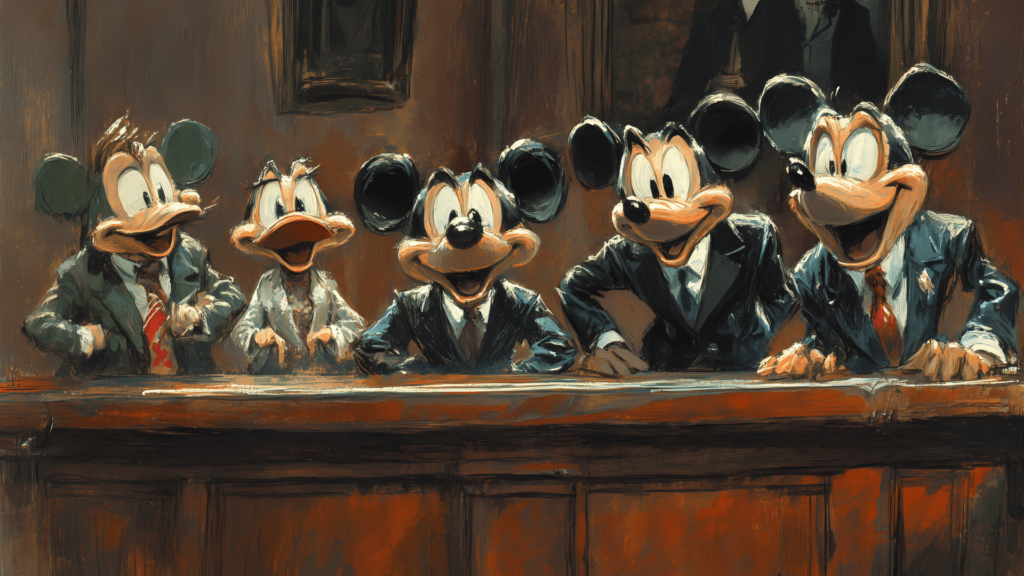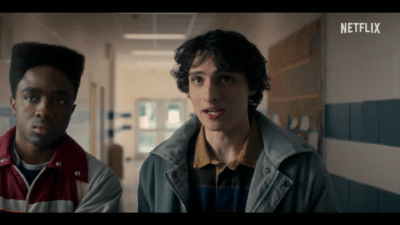Disney+ subscription as a bar to litigation? Company tests limits of terms and conditions

Disney is trying to fend off a lawsuit over a fatal incident in a restaurant. The company argues that the plaintiff waived his right to sue by subscribing to Disney+. Tragic death at the Disney World Resort: A visit to a restaurant ends in death for a doctor with allergies. Now Disney is defending itself against a lawsuit with a surprising argument.
Deadly allergy in the theme park
The Disney Group is facing an unusual lawsuit and is trying to fend it off with a controversial argument. At the center is the tragic death of a woman after a restaurant visit at the Disney World Resort in Florida. The incident occurred on October 5, 2023. 42-year-old doctor Kanokporn Tangsuan from New York visited the Raglan Road Irish Pub, which is part of the resort’s “Disney Springs” shopping area, with her husband Jeffrey Piccolo. Tangsuan suffered from a severe allergy to nuts and dairy products.
Despite repeated inquiries from the staff and assurances that the food ordered was free of allergens, the woman suffered an anaphylactic shock shortly after eating. Although she gave herself an injection to combat the allergic reaction, she died a short time later in the hospital. An autopsy confirmed elevated levels of nuts and dairy products in her body.
On February 22, 2024, Piccolo filed a lawsuit against the Disney Corporation and the restaurant operator in the District Court of the 9th Judicial District of Orange County, Florida. He is demanding damages of at least $50,000. But Disney is now trying to fend off the lawsuit with a surprising reason.
Disney’s creative defense
The company argues that Piccolo signed up for a free trial subscription to the Disney+ streaming service on November 29, 2019. The terms of use at the time stipulated that disputes with the company must be resolved in arbitration rather than in court. Disney is citing a clause that is intended to cover “all disputes” between users and the company – regardless of whether they are related to the streaming service or not. The relevant passage in the Terms of Use is:
You and Disney agree to resolve any dispute (including any related dispute involving The Walt Disney Company, its subsidiaries, or its affiliates) through binding individual arbitration. Disney+ Terms and Conditions
According to Disney, this clause applies to “any dispute, action or other controversy between you and us relating to the Disney+ service, the ESPN+ service or this Agreement, whether based on past, present or future events.” In addition, Disney points out that Piccolo bought tickets for the Epcot theme park through the “My Disney Experience” app. Here, too, the website’s terms of use contained a similar arbitration clause.
Criticism of Disney’s approach
Brian Denney, the plaintiff’s lawyer, describes Disney’s argument as “absurd” and “so outrageous, unreasonable and unfair that it shocks the legal conscience.” He criticizes Disney for trying to deny all 150 million Disney+ subscribers the right to take legal action against the company – even if the case has nothing to do with the streaming service.
The case raises fundamental questions about consumer protection and the scope of terms of use. Critics see Disney’s approach as an attempt to bring the case before a possibly company-friendly arbitration body and thus curtail the plaintiff’s rights.
Opt-out and Disney’s statement
It is important to note that the Disney+ terms of use also provide an opt-out option for the arbitration clause. Users can object in writing within 30 days of completing the subscription. However, it is questionable whether many users exercise this option or are aware of the possible consequences. Disney itself has not yet commented on the specific accusation of excluding all Disney+ users from possible legal disputes.
However, a company spokesperson expressed sympathy for the family: “We are deeply saddened by the family’s loss and understand their grief.” At the same time, he emphasized that the restaurant in question is neither owned nor operated by Disney. They are merely defending themselves against attempts to be included in the lawsuit against the restaurant.
Outlook and significance
A hearing for both parties is scheduled for October 2nd in the District Court of the 9th Judicial District of Orange County, Florida. There it will be shown whether the court follows Disney’s argument or allows the lawsuit. The case highlights the often overlooked significance of terms of use that consumers agree to for online services. It could be a groundbreaking example of how far companies can restrict their customers’ rights through such agreements.
It also raises the question of whether it is permissible for companies to settle disputes that are unrelated to their digital services through the terms of use of those services. What do you think about Disney’s approach in this case? Do you think it is justifiable that the terms of use of a streaming service could have such far-reaching consequences?












